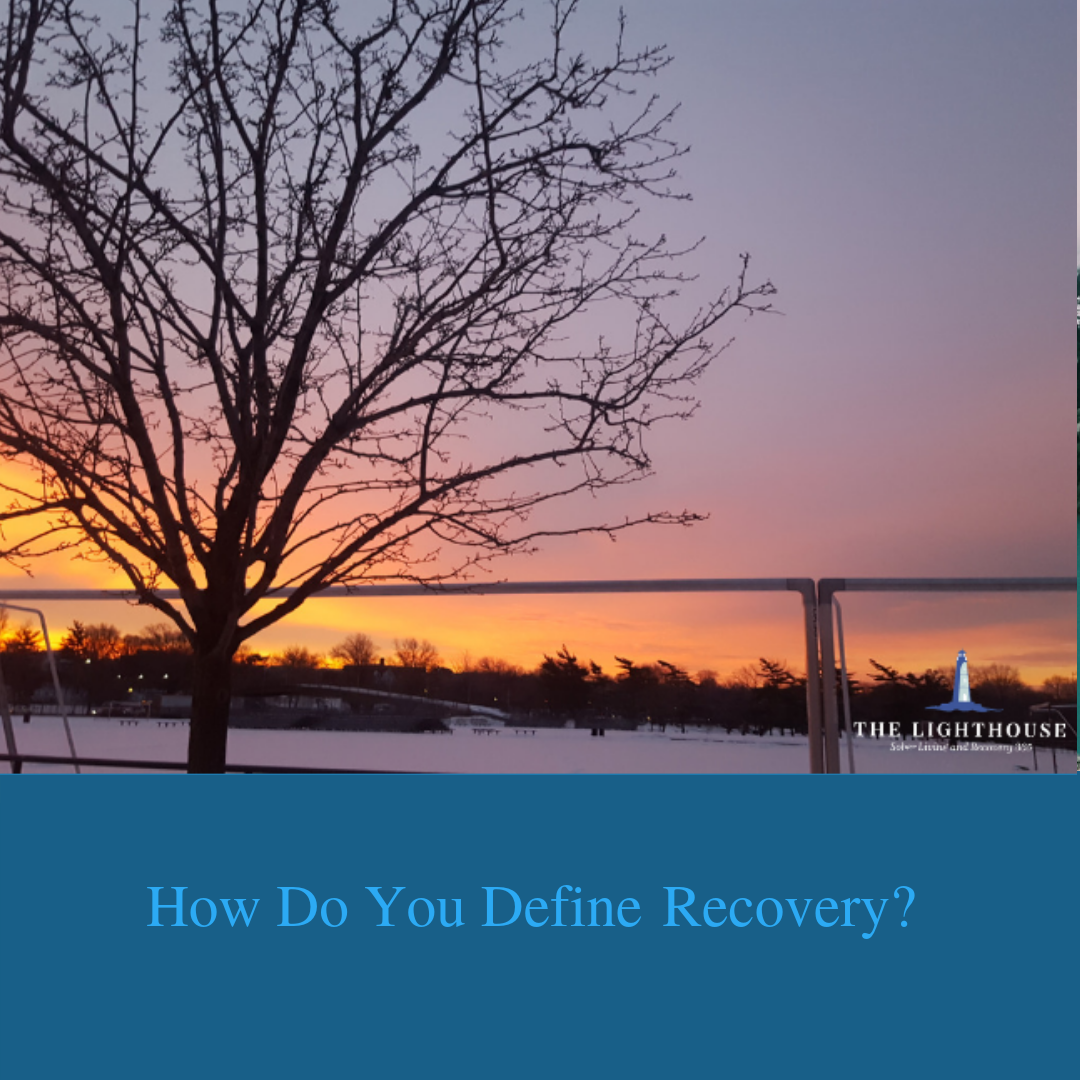How Do You Define Recovery?
Do you define recovery as abstinence from drugs or alcohol?
Abstinence is sustaining a practice of denying yourself something enjoyable, such as drugs or alcohol or habitual risky behavior, which results in dangerous outcomes.
Defining Recovery
Recovery is a process and a personal path for change. Recovery is holistic, ever-changing, and a compass was taking affirmative action, personal accomplishments. Supporting others, forging healthy relationships, and participating with others in the recovery community.
1- Recovery is highly personal and unique to you
Even though the consequences of your addiction are similar to many others тактичні рукавиці, your path into active addiction was unique to you. Therefore your way for recovery will be unique to you also.
There is a multitude of pathways for recovery купити плитоноску в україні. It might include clinical treatment, medications, faith-based approaches, peer support, family support, self-care, and other strategies
2- Recovery is a journey with a multitude of outcomes.
Recovery is a journey that leads to the ultimate version of you.
Your recovery involves a multitude of changes in several different areas within your life-not, just abstinence. These changes reflect your wants, needs, and desires as each relates to a personal and professional lifestyle.
How you plan to aspire to each goal as it relates to your recovery is your plan for recovery.
It is essential to always keep in mind that recovery will be unique to your situation, so when creating your plan with a mentor, sponsor, or clinician, reflect upon each suggestion presented to you as only a suggestion and not set rule or demand.
There is a broad range of possible outcomes and goals to aspire too within your plan for emerson gear recovery.
Your journey in recovery could include:
– Reducing less risky behavior by incorporating a higher standard of self-efficacy
Self-efficacy is to believe that you are capable of organizing and acting in a way to achieve the desired outcome. It knows with confidence that you possess the skills to complete the desired task. Overcoming the obsession to use, instead of giving in to a craving or dangerous situation creates a strong sense of confidence.
– Stabilizing misuse, reducing use, achieving and maintaining abstinence
The desired goal is to live free from the obsession to use. Recovery is different to each individual, so the pathway to sobriety differs, too. Some might feel it’s best to detox entirely at the onset of treatment while others work through barriers such as denial or stigma while reducing harm from the use or the amount used incrementally.
– Improving physical health
While actively using drugs and alcohol, your focus on physical health deters. Constantly introducing harmful chemicals into your body over a sustained period will attribute to a lessened degree of physical care and the amount of exercise performed.
Once you cease to introduce illicit chemicals into your body, the healing process begins. Physical exercise, nutrition, sleeping better, and less stress attributes to better physical health and also improves mental health.
– Improving mental and psychological health
If you have a substance use disorder and a diagnosed mental health disorder, it is generally referred to as a co-occurring disorder. Research shows that continued use of drugs or alcohol while struggling with mental health issues complicates your ability to function at work, school, or in your relationships or recreational activities.
– Improving economic well-being
As your self-acceptance and self-love increase, you will begin to make decisions based on improving yours and your family’s life. Your interests will change, bringing about a heightened sense of confidence.
In recovery, you will stop spending money frivolously on illicit chemicals promising to deliver a life you seek
Saving money for your future, paying off debt, and reasonably spending the money you illustrate your progress in recovery.
-Improving social functioning
Have you heard that the opposite of addiction is a connection? Well, it’s true.
Addiction causes you to isolate and crave to be alone. Depression, self-doubt, and insecurity are products of addiction as your self-efficacy increases your desire to belong and participate with like-minded others increases.
Over time you’ll be able to express how you feel, and asking others for help will become easier. Experiencing life with others, being part of a community, and being able to express yourself creates a feeling of security, happiness, and belonging.
– Becoming positively engaged in the wider community
The more you begin to rely upon, trust in, and stop doubting yourself, the more you will desire to connect with like-minded peers.
As you stop relying on drugs or alcohol to provide a false sense of security, you’ll start to trust yourself. You’ll develop a stronger sense of self-acceptance. In your acceptance, you will find a tribe of mentors, friends, and associates in the caring recovery community.
The recovery community is in a constant state of change. This positive change is creating more opportunities for you to connect with others with similar interests, goals, wants, and desires.
– Increased awareness of new interests
As your self-esteem, love, and clarity increase, you begin to uncover all the hidden gems which make you, you. Discovering new interests, likes, and dislikes about yourself is the gift of recovery. Self-doubt and your ability to overcome your obsession to use drugs or alcohol help you defeat the fear of trying new recreational activities, service work, make career changes, and saying what’s on your mind. Furthermore, your increased awareness to participate at home, work, school, or community are all assets that increase your ‘recovery capital.’
– Increasing ‘recovery capital.’
In the book, Coming Clean: Overcoming Addiction without Treatment, Robert Granfield and William Cloud introduced the concept of “recovery capital.” Their definition of recovery capital is “volume of internal and external assets that can initiate and sustain recovery from alcohol and other drug problems.”
Furthermore, Recovery capital will differ from individual to individual and continues to change with time.
Recovery capital has four components:
-
Physical capital- These are your assets: home, belongings, securities, employment. Anything tangible, such as physical health, diet, exercise, recreational activities, and hobbies.
-
Human capital- Your skills and resources, which aide you in becoming the person you desire to aspire to.
-
Cultural capital-Your values, beliefs, and attitudes which connect you to your human relationships and community
-
Social Capital- the number of resources you have based upon social interactions with relationships and your recovery community
Recovery capital is different for everyone and continuously changes at any given time.
Your recovery capital offers you insight as to what areas of your recovery could use some attention and focus.
Next time you are with your recovery coach or peers in the sober living home, you reside in to discuss your recovery capital scale. Once you know your scale, you can begin to work on the areas you know need improvement.
3. Incorporates your relationship within your community
Recovery is the continued effort to form relationships within your community based on support, friendship, love, and hope. Most often, the process of one’s recovery is supported through relationships and social networking.
Many components of recovery reflect your relationship with your community and society as a whole. Peer-support, responsibility, and respect indicate this relationship.
Even though your recovery is highly personal, the process requires social support; Humans are communal beings. Your addiction pushed you into a corner, believing you enjoyed being alone. Forging new relationships with like-minded peers sets you up for success.
How do you define recovery?
The ability to stop using alcohol or drugs to medicate life’s difficulty is a powerful act. You should be proud and hold your head high. Each new day sober is a gift in recovery, so celebrate your new life.
Defining recovery is difficult because it is a personal process unique to each person in recovery.
Recovery is your progress in learning to live a life of fulfillment without the need or obsession to use drugs or alcohol. The path you take each day to find satisfaction in a multitude of areas in your life. It is never complete and always evolving. Living life in recovery is your process for positive change, personal reflection, and happiness.
Head over to Facebook and LinkedIn. Let us know what recovery means to you?
Want more happiness and fulfillment in life?
Commit to your recovery.
Call Trey Laird 203-400-8065
Stay in touch and informed by following us on Instagram @thelighthousect.



